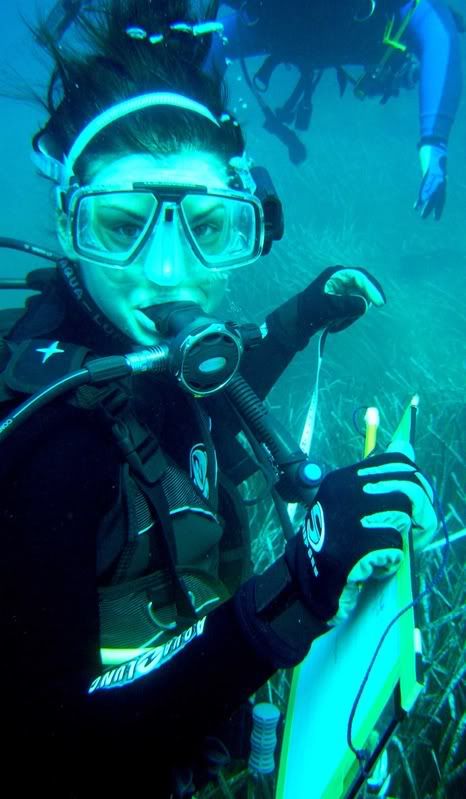Underwater Archaeology in the Mediterranean Sea
When most of us think about archaeology, we imagine digging on dry land through layers of soil and stone under a variety of weather conditions. But much of our history can be learned by exploring what humanity has left beneath the surface of oceans and lakes. A wealth of information still lies waiting to be recovered underwater.
In 2009, the Ecomuseum of the
The course is designed to provide practical experience in underwater archaeological field work, from site discovery to lab analysis. Participants will gain experience in various activities such as surveying methods, site reconnaissance, recording, drawing, mapping, position fixing, photography, and laboratory processing. Students will also attend lectures on Roman archaeology. The course runs six hours a day, six days a week. The day will be divided between diving in the
In addition to daily research activities, participants will learn about the history and culture of
Participants will be able to choose between Group 1: No open water diving certificate, or Group 2: Possession of an open water diving certificate from an internationally recognized organization.
This is a perfect opportunity for those interested in developing a career in underwater archaeology, or for those simply interested in a unique educational adventure that can be found through relatively few other venues. Find out more about the project and how to join by going to www.ecomuseodecavalleria.com.
Labels: nautical archaeology, roman archaeological digs, underwater archaeology




0 Comments:
Post a Comment
<< Home